How to Develop Attention Span in Your 6-12 Months Old
Remember holding your little one for the first time? Those tiny fingers and toes, and the joy when she first looked at you with those alert eyes. Now, she’s growing and surprising you with her developing skills, including her ability to focus. If you want to help nurture her attention span, there are a few activities and exercises you can try out with her.
A child’s attention span develops quickly from 6 months onward, with significant changes occurring between 6 and 12 months. At this stage, babies are curious and easily engage with whatever captures their interest. It’s a crucial time to encourage this focus, as attention span by age can vary, and it plays a key role in their future academic and personal growth.
However, babies at this age are easily distracted, with attention spans lasting only a minute or two. As a parent, you can create environments and activities that support cognitive growth and improve your child’s attention span. Let’s explore some practical ways to develop the attention span in your baby. We’ll also learn about the average attention span by age.
What Is Attention Span?
Attention span is the amount of time a child can concentrate on a task or activity without becoming distracted. It’s a key aspect of cognitive development, impacting learning, performance, and productivity. The length of attention span varies based on age, interest, motivation, and individual differences. Generally, children have shorter attention spans than adults, but it can increase with age and practice. In children, attention span is a critical factor in early learning and social interactions. It helps them focus on tasks, engage in play, and develop essential skills like listening and following directions. Attention span also differs in kids. A 6-month-old’s attention span will differ from a 10-month-old’s attention span.
Simple Ways to Develop Attention Span in Baby
Babies have a natural curiosity, but their attention span is typically short. Below are some practical ways to develop attention span in your baby.
1. Avoid TV and Other Gadgets
Addiction to TV and other gadgets at a very young age can cost you a bomb in terms of your child’s development. The same time wasted on TV can be utilized in some physical or other learning activities. This will improve your baby’s focus and keep their body healthy.

2. Acclimatize
Let your baby explore her surroundings and choose to focus on anything that grabs her attention. This will help her to learn and associate much better than when she is forced to observe things.

3. Safe Environment
Your baby would like to spend more time in an area which is well-guarded and safe. For. E.g. Her bassinet or a crib. Babies at this age will not be able to stay longer at one place naturally, but the trait can be reversed in a confined safe crib. Let your little one discover her toys in her own little space. This will help her focus longer on things in her own periphery.
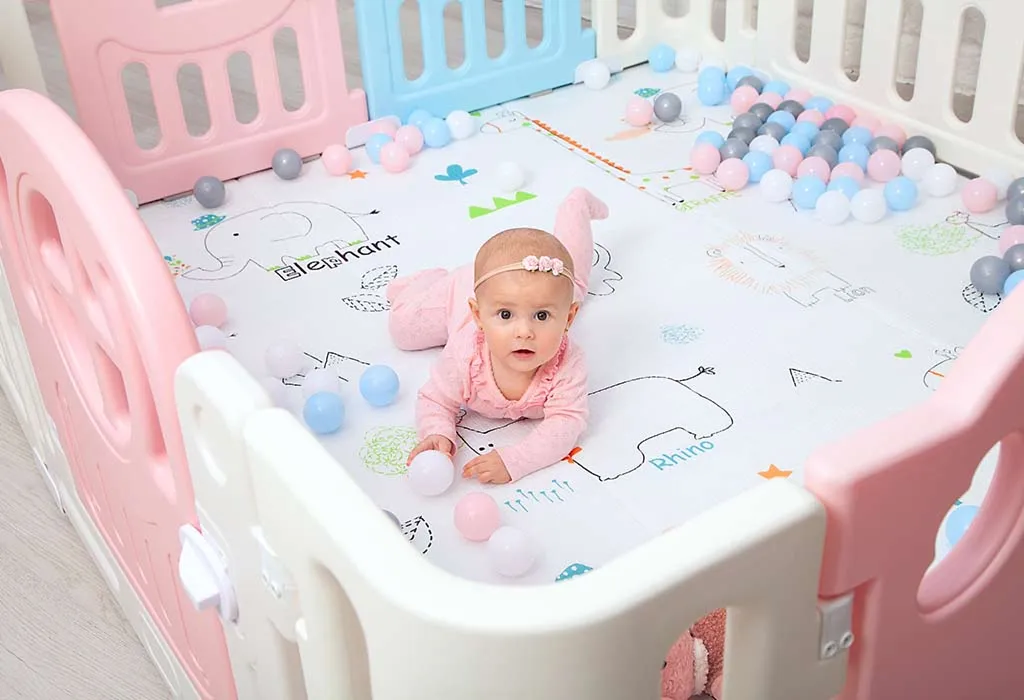
4. Let Loose
Leave your baby at a little distance from you sometimes. Let her try to figure things out on her own. When your baby is alone and self dependent for some time, the focus and attention span will increase dramatically.

5. Maintain a Routine
A consistent routine helps babies feel secure and reduces distractions. Regular feeding, sleeping, and playtimes can promote focus as your baby knows what to expect, allowing them to concentrate on activities within their structured day.

6. Interactive Play
Engage your baby with toys and games that require their participation. Simple activities like stacking blocks, shape sorters, or peek-a-boo not only entertain but also improve attention span by encouraging focus and interaction.
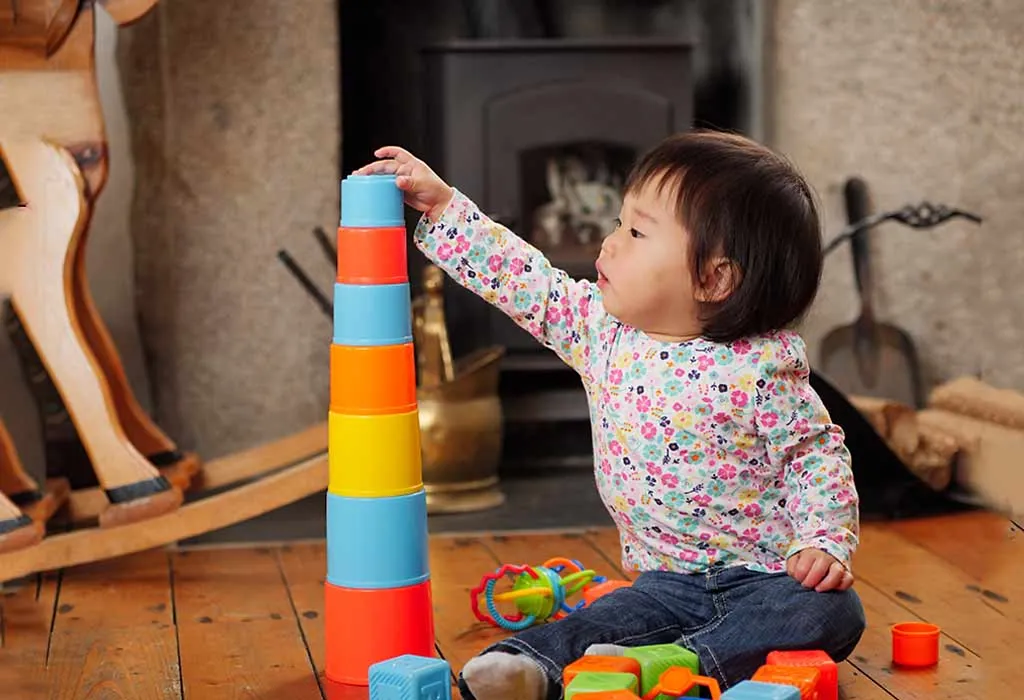
FAQs
1. What impact does sensory play have on attention span?
Sensory play involves activities that stimulate a baby’s senses, such as touch, sight, sound, and smell. Engaging babies in sensory play can help develop their attention span by encouraging them to focus on different textures, colors, and sounds. Sensory toys, like textured balls or toys that make noise, capture a baby’s interest and hold their attention, promoting longer periods of focus.
2. Does reading books with my baby improve their attention span?
Reading books with your baby can significantly enhance their attention span. Picture books with bright colors and simple stories can captivate your baby’s interest. As you read aloud, your baby listens to your voice and looks at the images, which helps them concentrate. This activity also fosters bonding and sets the foundation for a lifelong love of reading.
3. How can outdoor activities contribute to developing attention span?
Taking your baby outdoors can have a positive impact on their attention span. The variety of sights, sounds, and textures in nature stimulates their senses and encourages them to focus on different elements. Whether it’s watching birds, feeling the grass, or listening to the wind, outdoor activities provide a rich environment for babies to develop their concentration skills. This exposure to new experiences keeps them engaged and focused for longer periods.
This was all about baby attention span development. A cozy and secure environment at home will always help your little one develop their attention span. Introduce your baby to musical toys or anything that may keep her engaged for a longer period, this not only helps increase attention, but also helps your baby develop cognitive skills. Over and above, all babies are naturally curious so you needn’t worry about a rigid way of increasing attention span, simply stick around to watch and guide her and things will go smoothly!
References/Resources:
1. Cognitive Development in Infants: 8 to 12 Months; American Academy of Pediatrics; https://www.healthychildren.org/English/ages-stages/baby/Pages/Cognitive-Development-8-to-12-Months.aspx
2. Cognitive Development in Infants: 4 to 7 Months; American Academy of Pediatrics; https://www.healthychildren.org/English/ages-stages/baby/Pages/Cognitive-Development-4-to-7-Months.aspx
3. Gaertner. B, Spinrad. T, Eisenberg. N; Focused Attention in Toddlers (Infant and Child Development); National Library of Medicine; https://www.ncbi.nlm.nih.gov/pmc/articles/PMC2607062/; August 2008
4. 3 Ways Your Child Builds Important Life Skills Through Play; American Academy of Pediatrics; https://www.healthychildren.org/English/family-life/power-of-play/Pages/3-ways-your-child-builds-important-life-skills-through-play.aspx
5. Toddler Reading Time; Nemours Kids Health; https://kidshealth.org/en/parents/reading-toddler.html
6. Not All Attention Problems Are ADHD; Child Mind Institute; https://childmind.org/article/not-all-attention-problems-are-adhd/
7. Dauch. C, Imwalle. M, Ocasio. B, Metz. A; The influence of the number of toys in the environment on toddlers’ play (Infant Behavior and Development); Science Direct; https://www.sciencedirect.com/science/article/abs/pii/S0163638317301613; February 2018
Also Read:
1 Year Old Milestone
Concentration Problem in Children
6 Month Old Growth and Development
Was This Article Helpful?
Parenting is a huge responsibility, for you as a caregiver, but also for us as a parenting content platform. We understand that and take our responsibility of creating credible content seriously. FirstCry Parenting articles are written and published only after extensive research using factually sound references to deliver quality content that is accurate, validated by experts, and completely reliable. To understand how we go about creating content that is credible, read our editorial policy here.







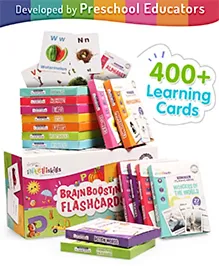
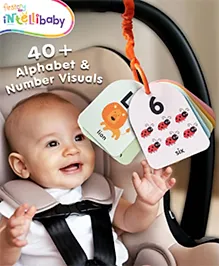
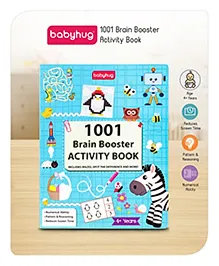
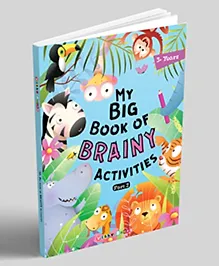
![Multiple Intelligence Worksheets for PRESCHOOL I (Pre-Nursery/ Ages 3-4) 2nd Edition [Paperback] Disha Experts](https://cdn.cdnparenting.com/brainbees/images/products/219x265/15957093a.webp)
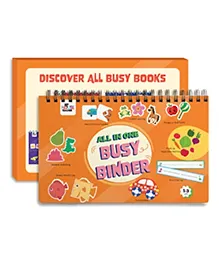
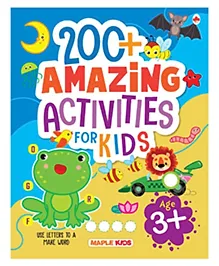
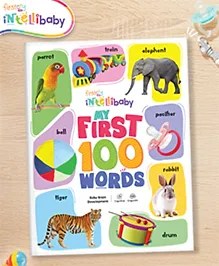
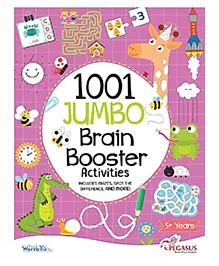

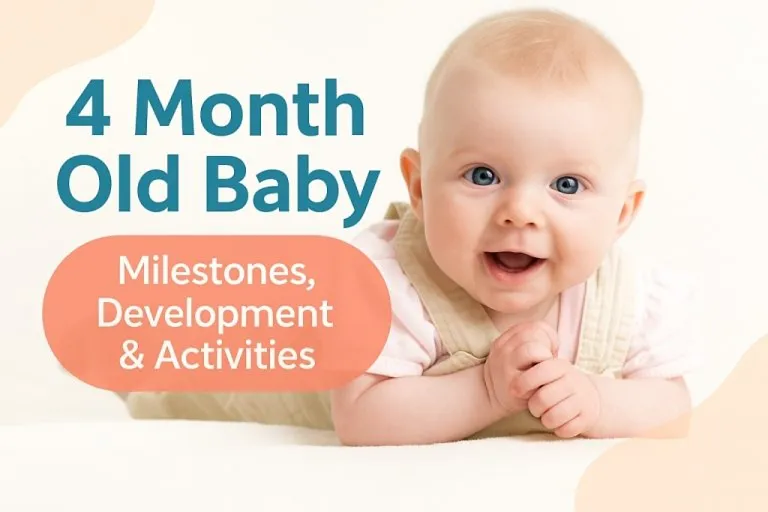
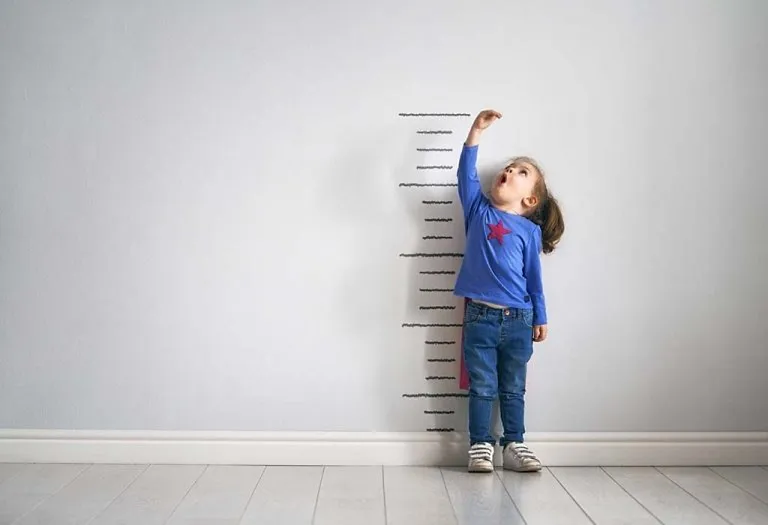




.svg)


















